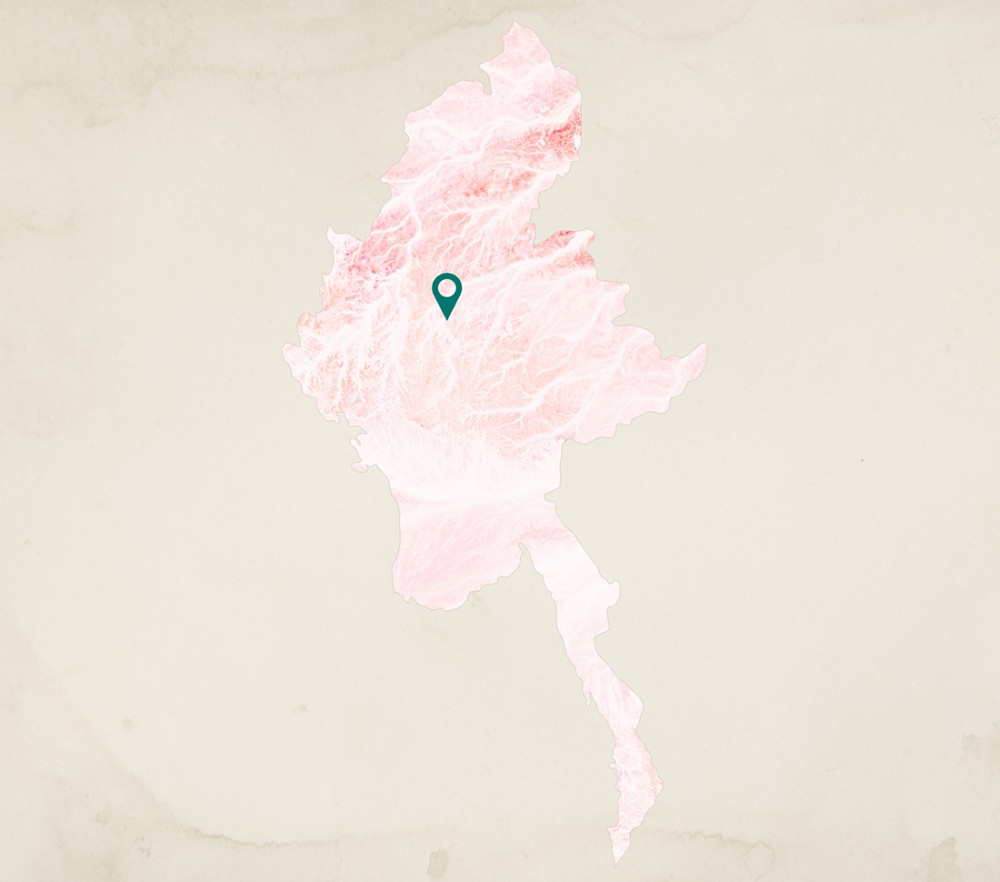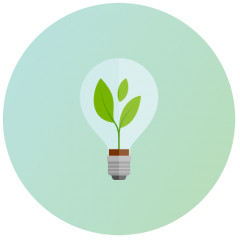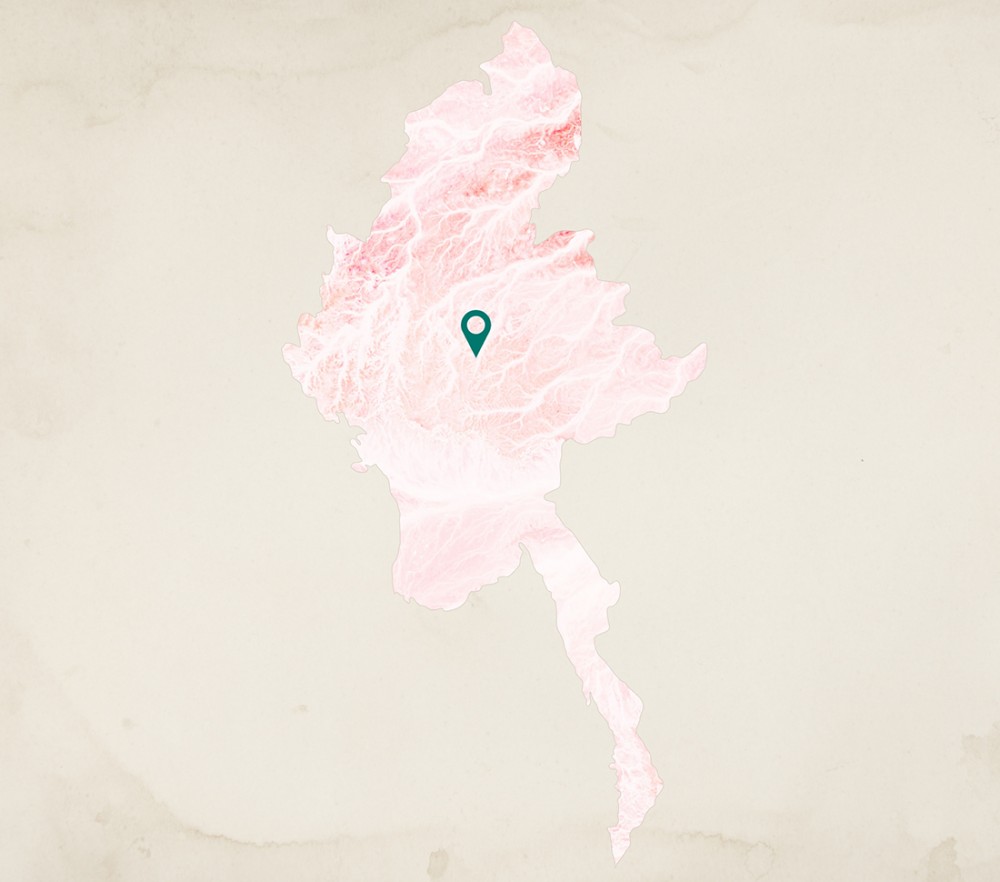
Mae Mauk waterfall mini hydro electrification project
Background
In Myanmar, only about 40% of the population is connected to the national grid. The electrification rate is especially low in rural villages and in ethnic states. Most of the energy produced off-grid comes from biomass, which degrades forests and ecosystems, but Myanmar also has abundant green energy resources such as hydropower.
The project
Lin Yuang Chi mini-hydro cooperative was established in 2013 and has run the mini-hydropower system down from Mae Mauk waterfall plant since then. It now has about 700 customers spread over 13 villages. Apart from providing electricity to households, the system also provides electricity to many public service institutions and village-level enterprises. The cooperative also provides free electricity for all the street lights in the service area in all 13 villages, which has increased safety at night. In the absence of a regulatory framework for electricity prices, the cooperative has established local electricity tariffs that make the operation sustainable while being accepted by the community.
About the organization
Lin Yuang Chi mini-hydro cooperative is a public-private partnership: the company Sai Tun Hla and Brothers, founded in 2000, holds 50% of shares in the cooperative, with the rest held by the community and users. The company is a small-scale hydropower developer and operator that has implemented over 200 similar projects.
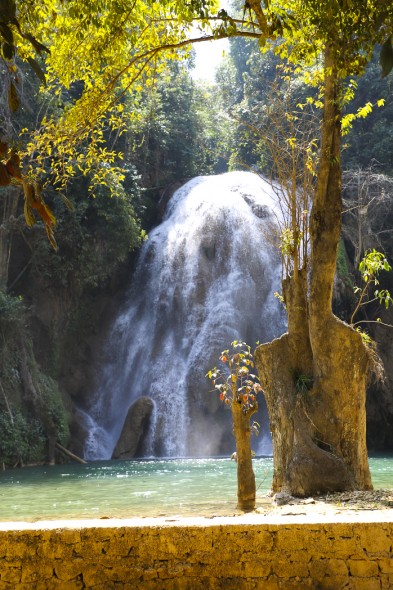
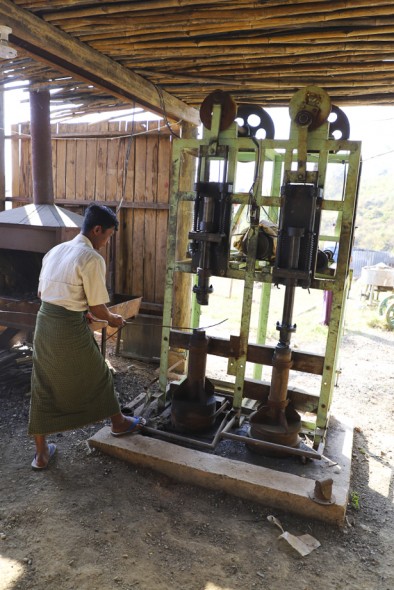
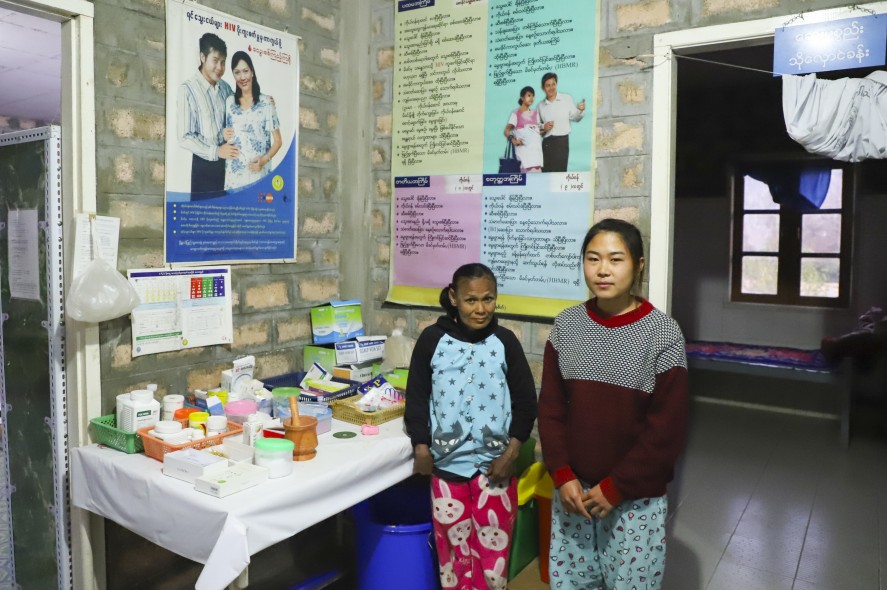
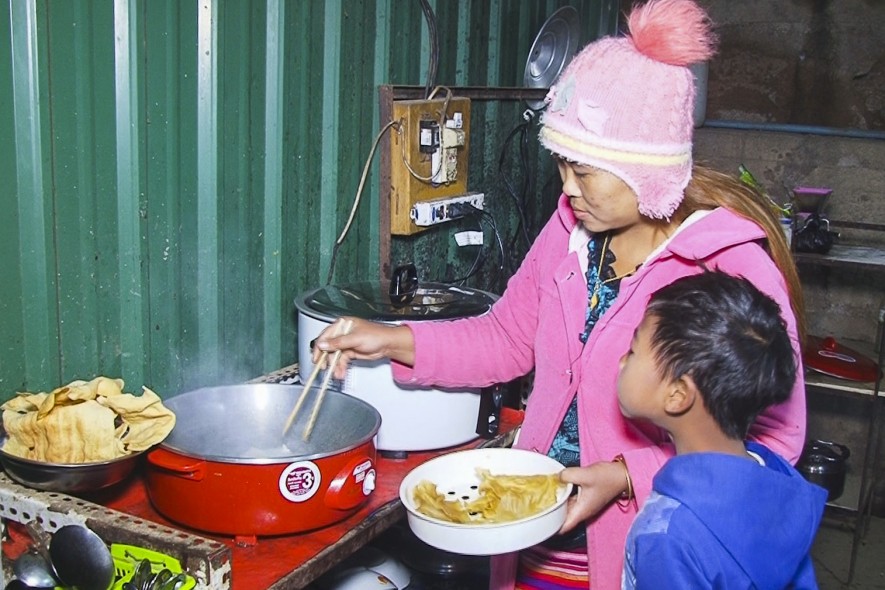
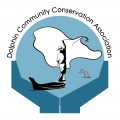
The Ayeyarwady Dolphin Protected Area (ADPA)
Protecting the Irrawaddy Dolphin for a healthy of Ayeyarwady river
